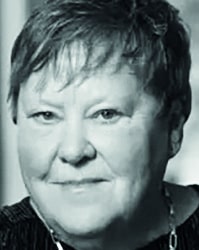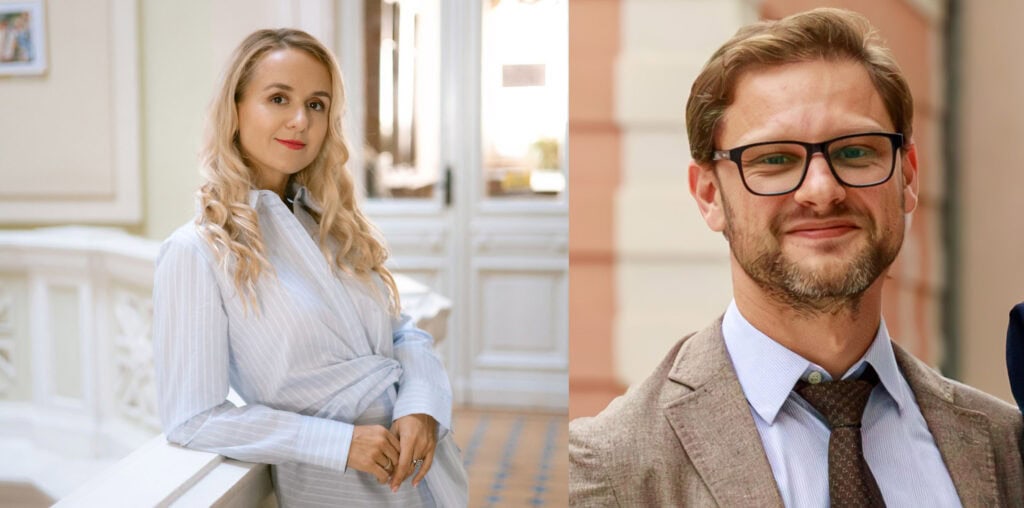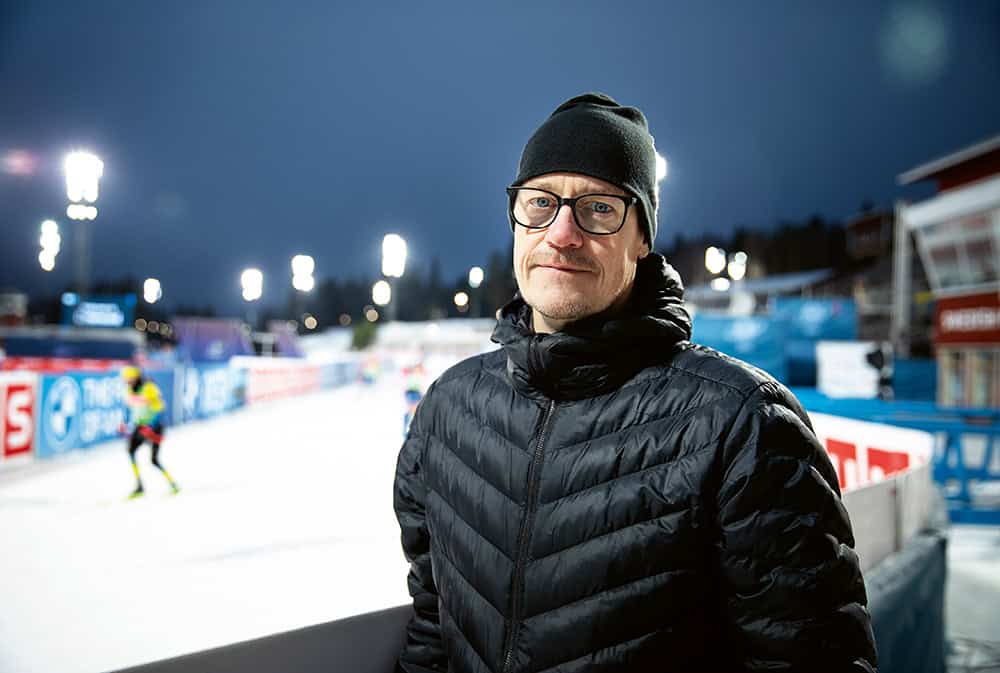In the proposal, 1) free curiosity-based research and 2) internationally competitive and ground-breaking research constitute two of the seven most important criteria for future state external funding. The inquiry was led by Ingrid Petersson.
“The structure and governance of the state agencies in the new proposal will protect free research. Today, the Swedish Research Council also has thematically controlled components, for example in the form of national programmes. We don’t think the new Swedish Research Agency should have that,” she explains.

Ingrid Petersson
According to the report, Swedish research funders of the future also need a new way of working that will stimulate ground-breaking research.
“One way would be to earmark funding for ground-breaking research that is granted directly by the Swedish Research Agency’s board,” says Petersson.
“That money would provide a broader scope than the Swedish Research Council’s or the future Swedish Research Agency’s scientific councils offer. From there, researchers could combine disciplines in their applications, for example medicine and engineering. We also propose a structure that makes it possible to look more at the research projects themselves, rather than looking at what the researchers applying for funding have done previously. This may mean that some younger researchers have greater opportunities to receive funding.”
What are the most significant differences between the new proposal and the current structure for research funding in Sweden?
“We would have a system that is less fragmented. It needs to become clearer what the various financiers are to fund and who decides about what money. Hopefully there won’t be as many small calls for proposals in the new system as before. The five largest funding bodies had around 800 calls for proposals in four years. That takes up too much capacity. Researchers would have to write fewer applications, reports and follow-ups, and then there would be more time for research.”
How much tax money should go to free researcher-led basic research and how much should go to strategic, thematic research is a political issue. The inquiry does not take a position on the balance between these types of research.
“There is a flexibility in the system that allows the government to decide whether it is researchers or others who will sit on the boards of the new authorities,” says Ingrid Petersson.
At the same time, she points out that it is reasonable that society is involved in deciding how part of the research funding is to be used. “I don’t think we would have the same support for research policy if it were only researchers who decided freely on research.”



















